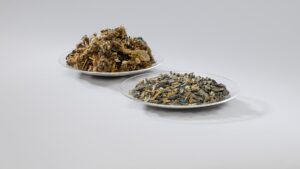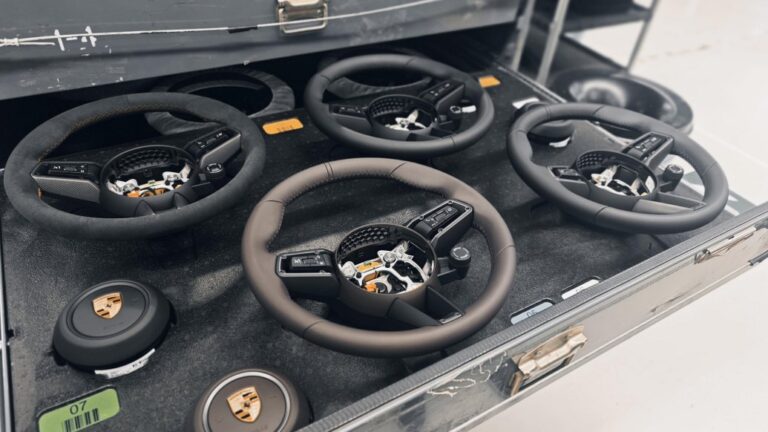Porsche and BASF, in cooperation with technology partner BEST Bioenergy and Sustainable Technologies, have completed a joint pilot project recycling mixed waste from end-of-life vehicles.
The project demonstrates the recyclability of high-performance plastics contained in the automotive shredder residue (ASR) – a mixture of plastics, films and paint residues, which currently can only be thermally recovered – though a chemical recycling process called gasification, before being returned to the automotive cycle.
Porsche is seeking to further develop the circular economy in the manufacturing of its vehicles and has set itself the goal of increasing the proportion of recycled materials in its vehicles.
Gasification is a form of chemical recycling that can be used to convert mixed waste streams into valuable raw materials, for example, for plastics production. In the future, it could be an alternative to the current mechanical recovery processes. Chemical recycling enables the processing of plastic waste that cannot be mechanically recycled for technical, economic or ecological reasons.

The pilot project explored automotive shredder residue as a future source of recyclate and used a recycling process that, for the first time, completely dispensed with fossil-based input and instead uses bio-based raw materials – such as wood chips – in addition to automotive waste. The resulting recycled raw material – the so-called synthesis gas and its derivatives – replaced the fossil raw materials in BASF’s integrated value chain. Within its production network, BASF then produced a polyurethane formulation for the production of a Porsche steering wheel using a mass balance approach.
“Pilot projects like these allow us to evaluate how we can further develop the circular economy as a sustainability field at Porsche and how we can anchor chemical recycling in our strategy in the long term,” said Dr Robert Kallenberg, head of sustainability at Porsche. “We are testing new recycling technologies with our partners in order to increase recyclate quotas, gain access to previously unusable recyclate sources and evaluate new processes for waste streams that are currently being thermally utilised.”
“BASF offers a wide range of recycling solutions and we strongly believe that different recycling technologies have to add up to a wide spectrum to achieve recycling targets. We prioritize mechanical recycling and continuously improve its efficiency. The type of waste and the level of sorting determine which technology is most suitable. We are convinced that complementary technologies like chemical recycling are needed to deal with the remaining waste that is still incinerated today,” explained Martin Jung, president of BASF’s performance materials division.
In related news, recycling innovation earns Marelli the 2025 Enlighten Award for sustainable manufacturing



